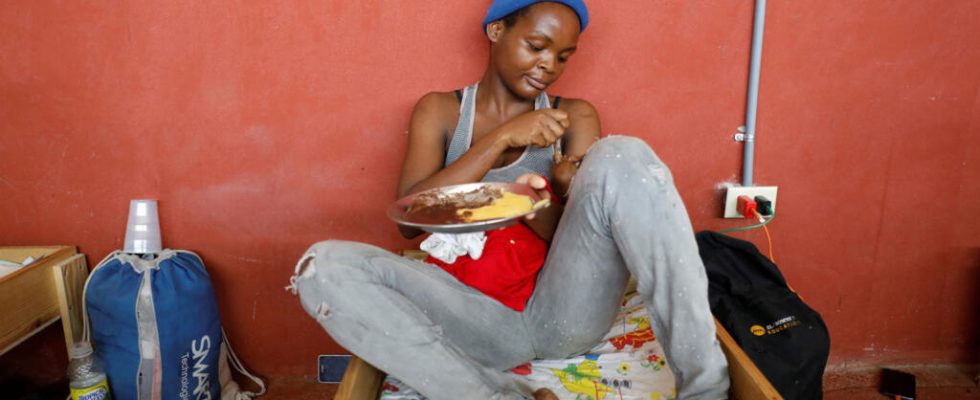In Haiti, it is still panic among the residents of Port-aux-Princes. The capital is still hit by gang attacks, mainly in the Carrefour-Feuilles district. Dozens of residents have been murdered in recent days, others raped and homes looted. This security context has dramatic consequences on the food insecurity of populations, according to a report by the NGO Mercy Corps published Thursday, August 17.
2 mins
Interview with Johan Lefebvre Chevallier, director for the Haiti area of the NGO Mercy Corps.
RFI: What are the main conclusions of your report?
Johan Lefebvre Chevallier: Today, our figures are catastrophic: almost 50% of the country’s population has reached stage 3 of acute food insecurity. In the food security gradation scale, stage 1 corresponds to the minimum, 2 is a so-called “stress” phase, 3 is a “crisis”, 4 is an “emergency” and 5, the maximum is the “famine” level, that is, when people are starving. In Haiti, 1.8 million people are even at stage 4, in other words, they are on the verge of starvation.
What are the factors behind this food crisis?
There are certainly complicated climatic conditions for agriculture with low rainfall, but this crisis is mainly due to armed gang violence : 80% of the capital is under the influence of these groups and the conflict extends even to rural areas, in particular the departments of Center and Artibonite, both considered as the “granaries” of the country. This means that there is low agricultural production, farmers no longer have access to these territories. And the cost of living has increased enormously in this context of insecurity. In 2021, a dollar was worth 70 gourdes, the local currency, today a dollar is worth 140 gourdes. Part of the households are no longer employed, there are no more income-generating activities. These populations are no longer able to provide for their basic needs, to eat one meal a day, to drink, to take shelter.
Does this security crisis also complicate your work as a humanitarian organization?
Through our neutral and impartial mandate, we remain in contact with all parties to the conflict. But access to vulnerable populations, specifically in Port-aux-Princes, is made difficult by clashes between police and gangs. A large part of our staff live in the capital and risk their lives every day to help the communities, the 32,500 people to whom we provide emergency aid, in particular through money transfers. But it is also necessary to be able to access these more remote territories which can provide food. We think about the resilience of the country and work with farmers on ways to optimize their land with new techniques of fertilization, irrigation, storage, which are important to meet the needs of Haitians.
Read alsoHaiti: funding does not meet needs, according to WFP
